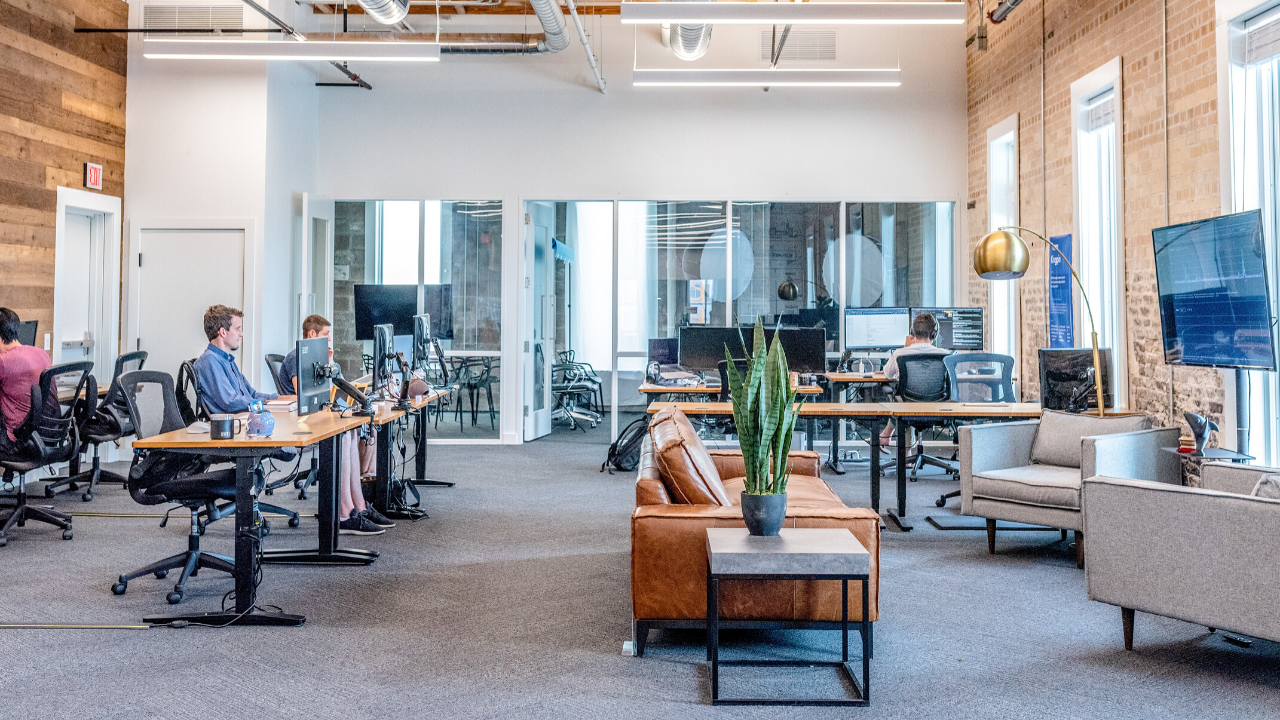The office industry may take a hit as companies opt for remote working arrangements, but will these workspaces continue to sit vacant or help businesses find alternative workspaces?
“When the lockdown is relaxed, we are likely to see changes to both our working practices, as well as adjustments to our workplaces,” said Paul Williams, Director at Avison Young. “This may include continued remote working, or a partial return to the workplace incorporating modified schedules or shift working…Some people will avoid their previous commute by working from suburban or branch offices outside city centres or utilising local flexible/serviced office providers.”
For now, Williams believes that the reduction in workspace will likely be short-term and people wanting social interaction will want an office to go back to.
He added that the serviced office sector will experience growth in the long-term as companies opt for more flexible solutions rather than lengthy leases.
“Serviced operators could then also benefit from letting out their meeting rooms, on an hourly basis, to these traditional office users whilst their own meeting rooms are out of action,” said John Bryce, director and cofounder of property agency KWB.
Bryce believes that despite a large portion of the workforce adopting remote working resources, companies will maintain that having a physical office is best for collaboration and community — something that cannot be replicated in a home office.

 Dr. Gleb Tsipursky – The Office Whisperer
Dr. Gleb Tsipursky – The Office Whisperer Cat Johnson – Coworking Marketing Maven
Cat Johnson – Coworking Marketing Maven Angela Howard – Culture Expert
Angela Howard – Culture Expert Drew Jones – Design & Innovation
Drew Jones – Design & Innovation Andrea Pirrotti-Dranchak – Competitive Advantage
Andrea Pirrotti-Dranchak – Competitive Advantage Jonathan Price – CRE & Flex Expert
Jonathan Price – CRE & Flex Expert Jeremy Fennema – Tech Innovation Alchemist
Jeremy Fennema – Tech Innovation Alchemist







